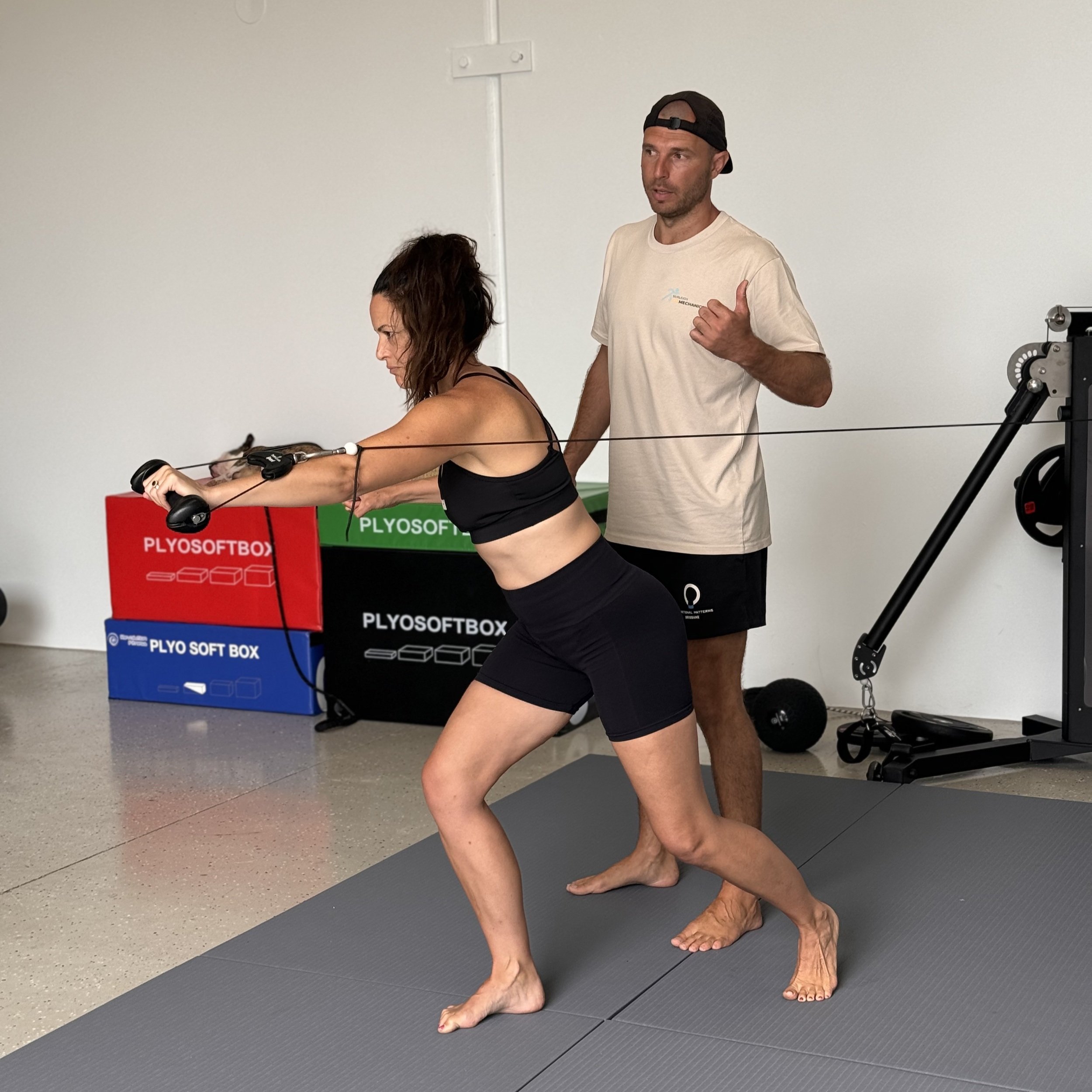You’ve come to the right place!
A Collection Of Blogs That Address Posture & Pain Using The Functional Patterns Method
Looking For Something In Particular?
How to Fix a Kinked Neck: Solutions for Lasting Relief
The first step in understanding how to fix a kinked neck is recognising why it happens in the first place. Often, the problem lies deeper than just tight muscles or bad sleeping positions. The way we move and hold ourselves—our biomechanics—can directly affect the health of our neck and spine.
My Experience With Fascia Blasting & Fascia Stretching
Like many, I was initially drawn to fascia blasting to address pain, movement limitations, and even improve skin texture. I used a massage gun around three times a week.
The fast results and ease of using a massage gun at the gym were appealing, and I hoped for lasting improvements. At first, the temporary effects were positive, with some increased mobility. But looking back, I now recognise that my flexibility was already excessive, and this routine was masking more significant issues.
Case Studies Of Corrected Scoliosis Using Functional Patterns
Functional Patterns counteracts the motions that contribute to scoliosis by activating the correct muscles in the right sequence. This movement-based physical therapy method has improved spinal alignment for many clients. If you're searching for a scoliosis specialist in Brisbane, consider our clinic.
Effective Posture Workouts: A Comprehensive Guide
In today's world, advice on improving posture is everywhere. Often, it involves pulling shoulders back, static stretches, or isolated exercises. But here’s the reality: these typical posture exercises don’t create sustainable body function in the long term.
If you’ve tried these methods, you may have noticed your posture barely improved or that any relief was short-lived. For real, lasting improvement, you need a comprehensive, functional approach. This is where gait-based functional training comes in.
How to Correct Scapular Winging: Why Typical Exercises Often Fall Short
Scapular winging, or scapula alata, is when the shoulder blades stick out rather than resting flat against the rib cage. This condition is abnormal and can lead to discomfort and movement limitations.
Most people turn to standard scapular winging exercises to address the issue. However, many of these approaches miss the mark in targeting the root causes. Here’s why the typical exercises for a winged scapula often fail and what you should consider instead for lasting improvement.






